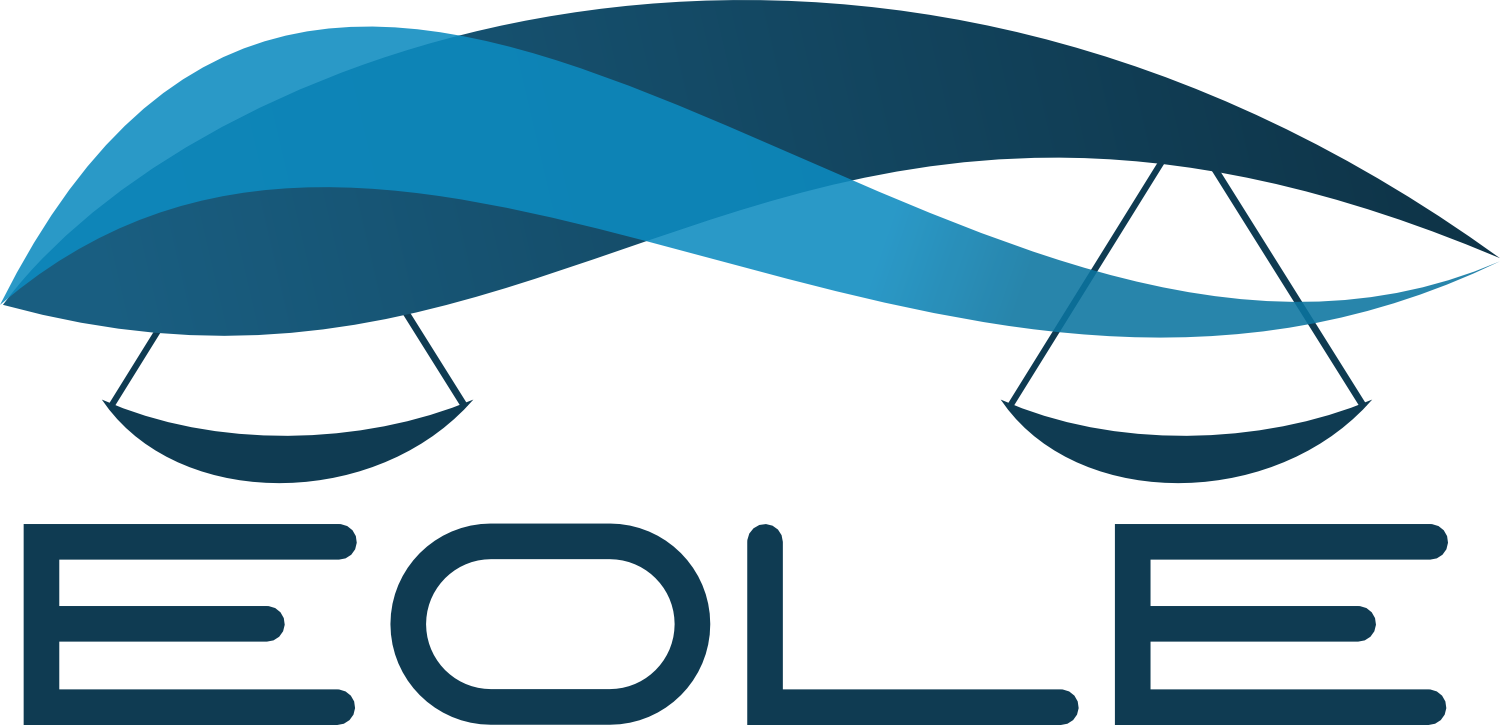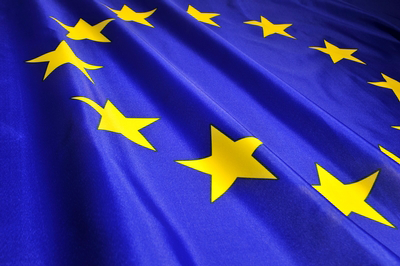The definition of Free and Open Source Software is based on the freedoms and rights that are shared with the users and possible contributors. Increasingly relied on in the industrial sector, it allows any actor to benefit from proven and standardized solutions; and to take part to a mutualized endeavor by bringing contributions within an existing community or by creating its own project. The software will then remain free and Open Source as long as the project is open to new contributors and as the building material (source code, installation scripts, etc.) and as the corresponding intellectual property rights are shared.
From a competition point of view, free and open source software are a unique tool that enables and reinforces openness and freedom in the markets, by relying on traditional bases such as intellectual property and contract law. By a subversive use of the latter, it profoundly modifies the relationships between the stakeholders: competitors and partners, employers and employees, buyers and suppliers, outsourcers and editors, etc… FOSS’ effects are positive and companies benefit from fostering its use. Defining the rules between the actors and stakeholders is essential, and on this regards, the legal aspects are as essential and as the governance structure and the technical aspects of the project.
However, the participation in the movement by an increasing number of industrial actors (including even the biggest software editors which showed several degrees of antagonism) lead to the development of alternative positions that somehow deviate from the initial mutualization objectives. To their more extreme extent, these positions lead to deviant use of rights (asymmetrical licenses, additional restrictions, contradictory use of industrial rights such as patents or trademarks, non-reasonable use of exceptions, etc.) or to unfair or abusive commercial practices.
The objective of this 8th iteration of EOLE is to make an assessment of the current usages or practices that can encumber the openness of the Free and Open Source Software, and to analyze their impact on the market and on the adoption of Free and Open Source Software and/or together with proprietary software, as well as their compliance with the trade practices and competition rules.
Do not hesitate to submit a paper proposal before 15 July 2015 on one of the following topics :
* FOSS and public procurement
* FOSS and free competition
* SaaS and badgeware licenses
* Copyleft & competition
* FOSS & Supply chains
* FOSS & distribution
* FOSS and trade mark strategies
* FOSS and non-compete clauses
* FOSS & competition Law
* FOSS & interoperability
* The use of the IP rights by communities

